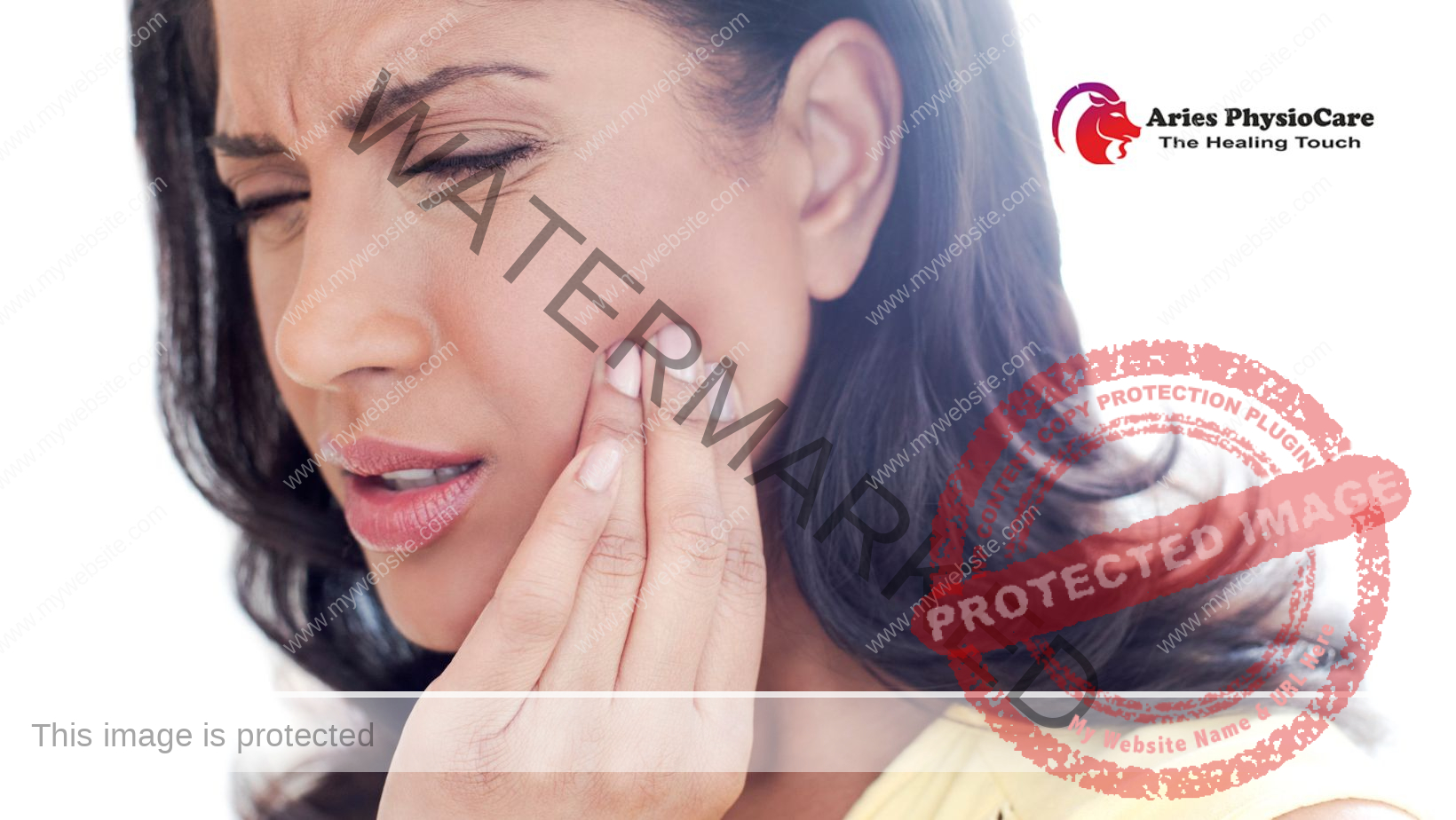Understanding Temporomandibular Joint (TMJ) Disorders
The temporomandibular joint (TMJ) is a complex joint that connects the jawbone to the skull. It allows for the movement of the jaw, enabling us to talk, chew, and yawn. However, like any other joint in the body, the TMJ can develop disorders that cause pain and discomfort.
TMJ disorders can manifest in various ways, including jaw pain, clicking or popping sounds when opening or closing the mouth, difficulty chewing or biting, and even headaches or earaches. These conditions can significantly impact a person’s quality of life and require appropriate treatment.
The Role of Physiotherapy in TMJ Disorders
Physiotherapy plays a crucial role in the management and treatment of TMJ disorders. It focuses on improving the function and mobility of the jaw joint, reducing pain and inflammation, and restoring normal jaw movement.
When you visit a physiotherapy clinic like Aries PhysioCare, our experts will conduct a thorough assessment to determine the underlying causes of your TMJ disorder. This may involve evaluating your jaw movement, muscle strength, and posture. Based on the assessment findings, a personalized treatment plan will be developed to address your specific needs.
1. Manual Therapy
One of the primary techniques used in TMJ physiotherapy is manual therapy. This involves hands-on techniques performed by a skilled physiotherapist to improve joint mobility and relieve muscle tension. Manual therapy techniques may include:
- Joint mobilizations to restore proper joint movement
- Soft tissue release to alleviate muscle tightness
- Stretching exercises to improve flexibility
2. Jaw Exercises
Specific jaw exercises are prescribed to strengthen the muscles surrounding the TMJ and improve overall jaw function. These exercises are tailored to your individual needs and may include:
- Range of motion exercises to improve jaw opening and closing
- Strengthening exercises to enhance muscle control and stability
- Relaxation techniques to reduce jaw clenching and tension
3. Posture Correction
Posture plays a crucial role in TMJ disorders. Poor posture can contribute to increased stress on the jaw joint and surrounding muscles. Physiotherapy can help correct postural imbalances and provide guidance on maintaining proper posture to alleviate TMJ symptoms.
4. Pain Management Techniques
Physiotherapy also focuses on pain management for TMJ disorders. Your physiotherapist may use various techniques to relieve pain, including:
- Heat or cold therapy to reduce inflammation
- Electrotherapy modalities to alleviate pain and promote healing
- Ultrasound therapy to improve blood circulation and tissue healing
Benefits of Physiotherapy for TMJ Disorders
Physiotherapy offers several benefits for individuals with TMJ disorders:
- Pain relief: Physiotherapy techniques help reduce pain and discomfort associated with TMJ disorders.
- Improved jaw mobility: Through manual therapy and exercises, physiotherapy can enhance jaw movement and function.
- Enhanced muscle strength: Jaw exercises and strengthening techniques can improve muscle control and stability.
- Postural correction: Physiotherapy helps correct postural imbalances that contribute to TMJ disorders.
- Non-invasive treatment: Physiotherapy provides a non-surgical and drug-free approach to managing TMJ disorders.
Conclusion
If you are experiencing symptoms of a TMJ disorder, seeking physiotherapy treatment can be highly beneficial. Aries PhysioCare offers expert physiotherapy services tailored to your individual needs. Our skilled therapists will work with you to alleviate pain, improve jaw function, and enhance your overall quality of life. Contact us today to schedule a consultation and take the first step towards finding relief from TMJ disorders.

